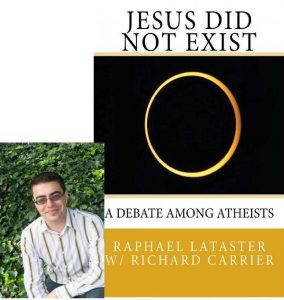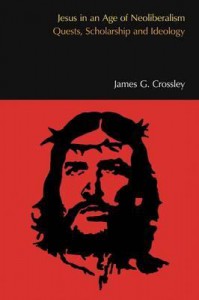A welcome visitor to the blog has raised a question along with an answer by Bart Ehrman and I have promised to respond with my own thoughts. My first impression is that Ehrman’s response talks down to lay readers and protects them from the reality of the complexity of arguments and the debates among scholars. Ehrman’s responses also fail to acknowledge the arguments expressed in works he has strongly declared he has indeed read. This is a pity since those arguments actually address and rebut the same points Ehrman repeats with such confidence and authority. I have learned a lot from Erhman’s earlier works and I have often cited his works positively in my posts. But in responding to Ehrman’s post on Paul’s role in Christian origins I think it is necessary to be somewhat critical.
My original hope to address his entire comment in this one post has had to fall by the wayside and I have only time to comment on his opening remarks here. The rest will soon follow.
Bart Ehrman writes:
A lot of people (at least in my experience) think that Paul is the one who should be considered the “founder” of Christianity – that he is the one who took Jesus’ simple preaching about the coming kingdom of God and altered and expanded it into a complicated doctrine of sin and redemption, being the first of Jesus’ followers to maintain that it was the death and resurrection of Jesus that brought about salvation. This can’t be the case, because Paul was persecuting Christians already before he had converted, and these were certainly people who believed in Jesus’ death and resurrection.
Can’t be the case? Bart Ehrman infers that the opinion is the preserve of ill-informed amateurs. I do not understand why he does not openly explain to his lay readers that a significant (if minority) number of scholars do indeed argue that Paul was the founder of Christianity and that it is a lively topic among scholars. Just Google the words Paul – founder – Christianity and you will see many pages of links dedicated to the topic — some by amateurs, but a good number involving serious discussion by scholars, too.
Even worse, when Ehrman simplistically replies that Paul could not have been the founder of Christianity because there were “Christians” on the scene before him, it is evident that he has even forgotten the nature of the arguments involved. As will be seen from some of the following quotations from other scholars, this misleadingly simplistic argument is in fact a straw man and bypasses the points of those who do argue for Paul’s foundational role. (His answer even implies for the unwary that “Christianity” itself as a descriptor was in existence as early as the years between the crucifixion of Jesus and Paul’s conversion.)
Notice the scholarly support for the view that Paul should indeed be regarded the founder of Christianity. (I am not suggesting that the scholars who think this way are a majority. Many scholars oppose the idea of Paul as founder. But the debate is a vigorous one, nonetheless. Just try that Google search to see how vigorous.)
James D. Tabor writes in Paul the Jew as Founder of Christianity?:
Countless books have been written in the past hundred years arguing that Paul is the “founder” of Christianity, sharply distinguishing him from Jesus.
- Joseph Klausner’s, From Jesus to Paul is one of the first and is still worth a close study, but many others come to mind,
- Albert Schweitzer, The Mysticism of the Paul the Apostle,
- Gerd Lüdemann, Paul the Founder of Christianity,
- Hugh Schonfield, Those Incredible Christians,
- and Barrie Wilson, How Jesus Became Christian, to name a few.
- My own new book, Paul and Jesus: How the Apostle Transformed Christianity explores these and many related questions.
Most important, I see to place Paul in the broader spectrum of the religions of the ancient Mediterranean world as systems of divinization against the background of a dualistic Hellenistic cosmology but within that world I see him decidedly as laying the foundation for a new faith distinct from Judaism in its various forms. (My formatting)
Among titles Tabor did not have space to mention is Hyam Maccoby’s book, The Mythmaker: Paul and the Invention of Christianity (1986). Maccoby writes: Continue reading “The Question of whether Paul was the founder of Christianity: Responding to Bart Ehrman”


